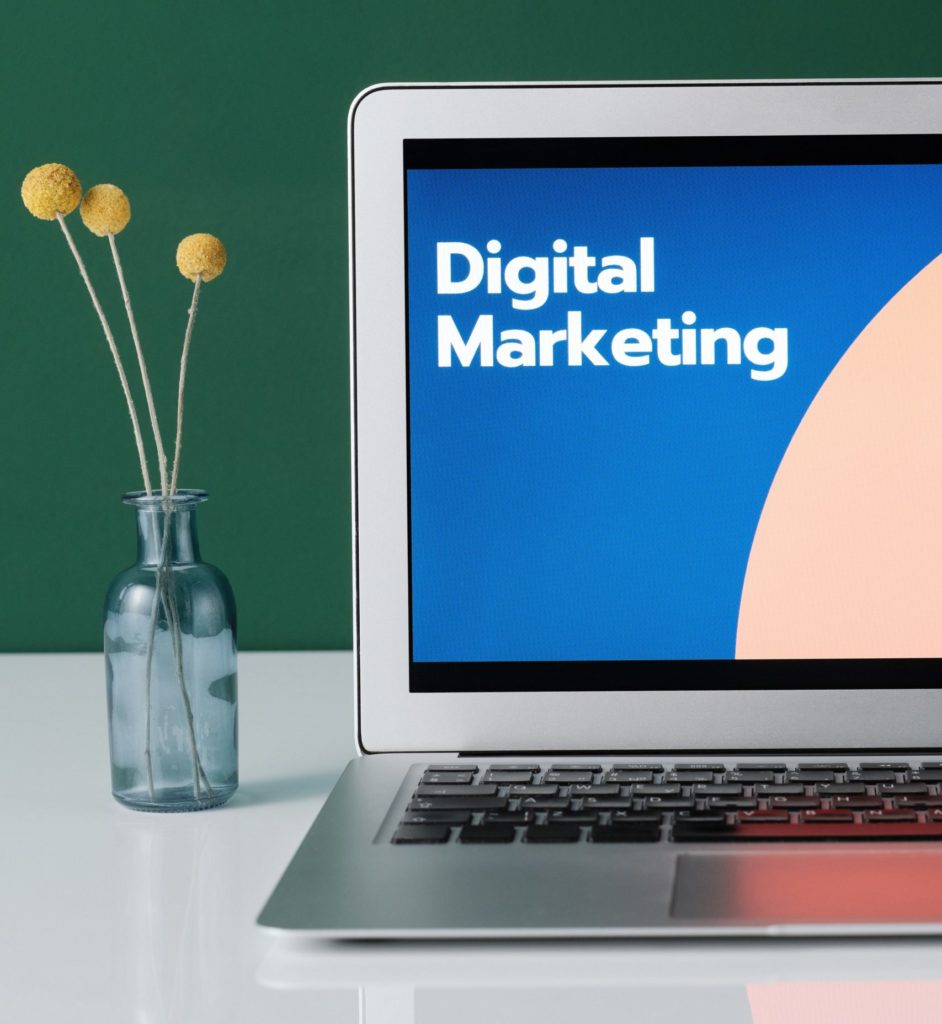Digital Marketing
JLS Media is a full-service digital marketing agency. We’ve been providing a wide range of services to clients of all industries since 2008. Our digital marketing services include consulting and management options for a variety of online marketing tactics including search engine optimization (SEO), pay-per-click (PPC) ads, Amazon store optimization, copywriting, conversion rate optimization (CRO), and more. We also offer expert web design and development services for both eCommerce and B2B companies. Don’t just partner with any digital marketing agency; work with a company you can trust.

Meet our team of digital marketing experts
You might have a website, but it isn’t doing your business much good if it isn’t being picked up by the search engines. To make sure customers find your site online, we can take your online presence to the next level — your website design, copywriting, keywords, social media presence and more. Working with us, you get the most from your return on marketing investment.
FAQ- LEARN MORE ABOUT JLS MEDIA SERVICES
What is SEO, and why is it important for businesses?
When people have a question, most turn to Google or some other search engine. A high volume of organic traffic to websites comes from search engines as a result. To capture their share of this traffic, businesses are constantly vying for the top position on search engine results pages (SERP). This is where SEO comes in.
SEO stands for search engine optimization. It is an ever-evolving set of strategies, tactics, and best practices that help businesses create websites and other digital content that rank well on search engines. Why is SEO ever-involving? Google and other search engines run on complex algorithms that are regularly updated. These algorithms are what search engines use to determine which pages to rank highest.

What is the difference between SEO and PPC?
Whereas search engine optimization can help increase organic traffic from search engines to web pages, pay per click (PPC) is a strategy that companies use to guarantee their content appears atop the results page for certain keywords. Each time someone clicks on a company’s PPC banner, the company pays Google for that click, with the price based on how difficult it is to rank for that keyword. The higher the competition (difficulty), the higher the cost per click. Both SEO and PPC comprise the principal parts of search engine marketing (SEM).
What is on-page SEO?

On-page SEO refers to a set of page elements on a web page that can be optimized for search engines. These are essentially signals that search engine algorithms can use to better match web content with user searches. On-page SEO includes things like the title tag, URL, images, headers, keyword density, linking, word count, and page metadata. Technical SEO, on the other hand, refers to other SEO best practices and tactics that are configured and controlled “under the hood” of a website, such as information architecture and page load speeds. Technical SEO often requires the help of an in-house specialist or an SEO agency.
How long does it take to see ROI on the SEO that Cardinal provides?
SEO is an ongoing consideration and needs to be factored into nearly all digital marketing activities if a business wants to capture and increase organic traffic to their websites. Timelines for SEO strategies and projects will vary from business to business depending on specific needs, budget, and other factors. The reason businesses will hire an SEO agency like Cardinal is the ability to get up-to-date technical expertise, execute on the latest best practices, and closely measure results. In our experience, any company that guarantees first-page ranking or fast results is misleading at best.
How is SEO related to digital marketing?
SEO is just one part of a broader digital marketing strategy, which can include content strategy, display advertising, social media, and other disciplines. Often, considerations for SEO overlap with the considerations and objectives of other digital marketing disciplines. For businesses doing any kind of marketing, sales, or advertising on the web, consistent adherence to at least basic SEO principles is a must. A longer-term, more comprehensive SEO program is ideal.
Where does content fit into digital marketing and SEO?
People use search engines to find quality, authoritative content that meets some need. They need to seek help with a product or service. They need to buy products and services that solve a certain problem. They need to consume media and entertainment. Common examples of this kind of digital marketing content include blog posts, infographics, video, e-books, white papers, social media posts, and case studies, though there are many others.
Creating content and orchestrating its dissemination for easy discovery by your target audience is sometimes referred to as content marketing. Again, content marketers and digital marketing agencies will apply and consider SEO principles in their content strategy to ensure that content ranks highly on search engines and reaches the right audiences.
